I've added a calculated column using Select-Object.
$ParsedContent = $ContentSplit.Groups[2].Value |
ConvertFrom-String -TemplateFile $TemplatePath |
Select-Object -Property *,
@{Name = 'ParcelNo' ; Expression = {[int]::parse($_.Reference.SubString(0,3))}}
When I then attempt to use this ParcelNo value in another function, it gives me an error that the value is PSObject rather than Int32.
Write-SqlTableData @SqlArguments
| ~~~~~~~~~~~~~~~~~~~~~~~~~~~~~~~~
| Unable to cast object of type 'System.Management.Automation.PSObject' to type 'System.IConvertible'.Couldn't store <1> in ParcelNo Column.
| Expected type is Int32.
Checking type using GetType() shows Int32, but inspecting variables in VSCode shows PSObject instead.
Any idea why these would be different? How would I make sure that the calculated property is an actual Int32.
Powershell version 7.0.3
Edit: Here's how building SqlArguments looks. Sorry it's a bit convoluted, I might refactor some bits of that eventually. The ParseTxt function is the bit containing $ParsedContent from my screenshot.
$DataToUpload = @()
Foreach($File in $FilesToProcess){
$DataToUpload += (ParseTxt -Path $File.FullName -TemplatePath $TemplatePath)
}
$SqlArguments = @{
InputData = $DataToUpload
ServerInstance = 'myserver'
DatabaseName = 'mydb'
SchemaName = 'dbo'
TableName = 'mytable'
}

